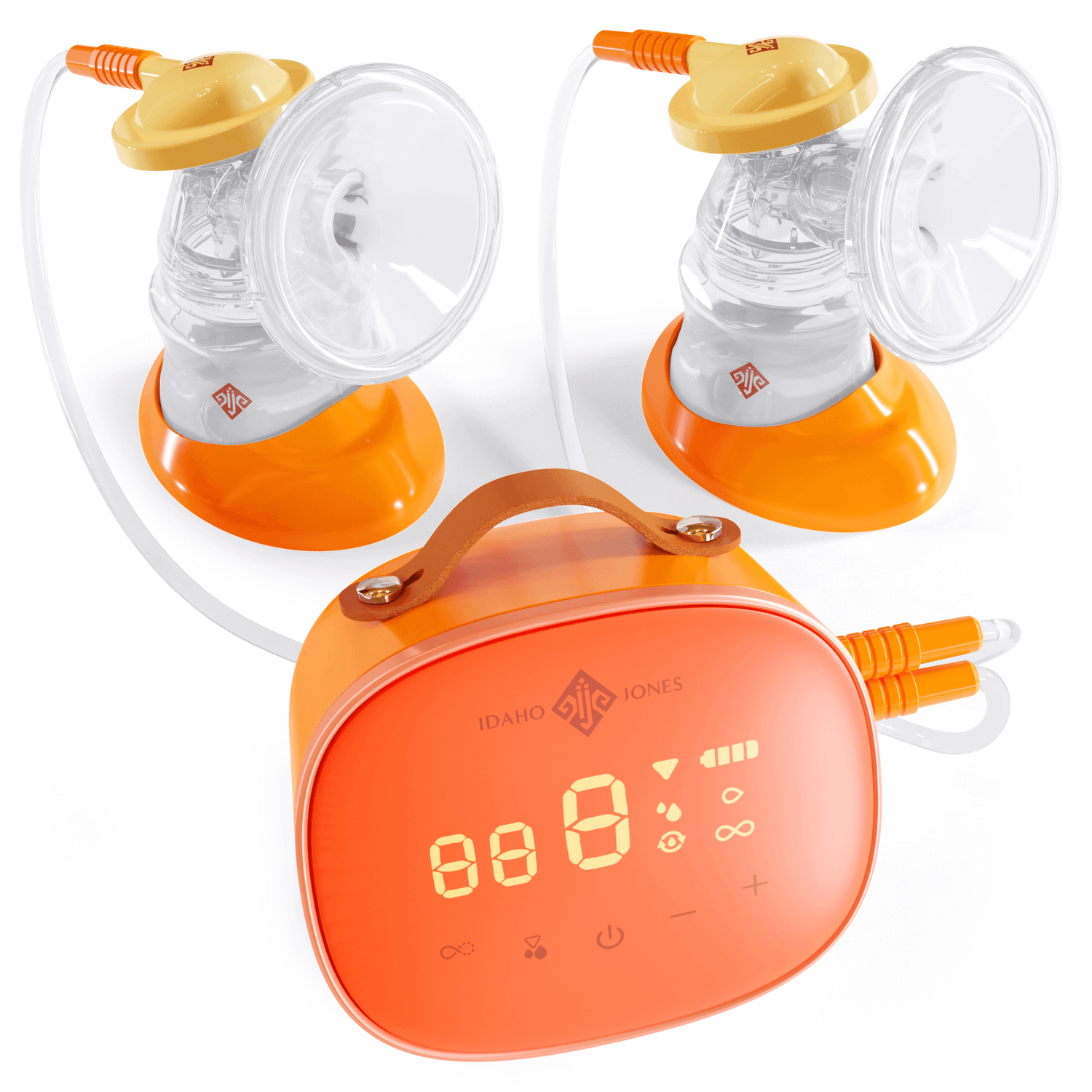World Health Organization (WHO), American Association of Pediatrics (AAP), the National Health Service (NHS) in the UK, and many other national and international health bodies recommend breastfeeding a child until the age of two (The Unicef Innocenti Declaration).
There is mounting evidence of the benefits of breastfeeding. Breastfed children generally have fewer infections, lower mortality rates, better dental health, and higher cognition. These benefits extend into later life. Increasing evidence also suggests breastfeeding may help prevent overweight and diabetes as they grow up. Breastfeeding also benefits mothers, playing a role in preventing breast and ovarian cancers as well as reducing the risk of diabetes.
Despite its many benefits, breastfeeding rates, especially in developed countries, remain low. Only 11.5% of two year-olds in the US are breastfed.
The global cost of NOT breastfeeding is $302 billion annually. Improved breastfeeding rates could reduce healthcare costs significantly, saving billions in treatment for common childhood illnesses, and could increase economic output.
All of this is to say - breastfeeding should be viewed as a societal good.
Yet, breastfeeding success and duration are often framed as a personal choice and responsibility, placing an undue burden on individual mothers.
In reality, there are many determining factors for breastfeeding:
- Social and cultural context
- Healthcare provision
- Family and community support
- Workplace settings
The research is starting to show that interventions in these areas facilitate increased breastfeeding rates:
- Social and Cultural Factors: Attitudes and norms play a significant role. Negative reactions to public breastfeeding and lack of workplace support can hinder breastfeeding practices.
- Health System Factors: Healthcare provider support before and after birth is crucial. Knowledge gaps among healthcare staff need to be addressed.
- Family and Community Factors: Family support, especially from fathers, and community-based interventions can significantly contribute to breastfeeding success.
- Workplace and Employment Factors: Adequate maternity leave and workplace accommodations for pumping are essential for sustained breastfeeding.
As with many other aspects of the care work that moms do that go unpaid and unrecognized, breastfeeding is a societal benefit moms are creating all on their own. That needs to change. It’s time to cement breastfeeding as an economic and societal responsibility and provide moms with the support and tools they need to deliver this benefit.
Works Cited
“Breastfeeding in the 21st century: epidemiology, mechanisms, and lifelong effect.” The Lancet, 30 01 2016, https://www.thelancet.com/journals/lancet/article/PIIS0140-6736(15)01024-7/fulltext. Accessed 22 05 2024.
“INNOCENTI DECLARATION.” World Breastfeeding Week, https://worldbreastfeedingweek.org/2018/wp-content/uploads/2018/07/1990-Innocenti-Declaration.pdf. Accessed 22 May 2024.
“Prevalence and Predictors of Breastfeeding Duration of 24 or More Months Among Young Children.” NCBI, 1 February 2024, https://www.ncbi.nlm.nih.gov/pmc/articles/PMC10805232/. Accessed 22 May 2024.
“Reasons for earlier than desired cessation of breastfeeding.” PubMed, https://pubmed.ncbi.nlm.nih.gov/23420922/. Accessed 22 May 2024.
“Why invest, and what it will take to improve breastfeeding practices?” The Lancet, 30 01 2016, https://www.thelancet.com/journals/lancet/article/PIIS0140-6736(15)01044-2/fulltext. Accessed 22 05 2024.

